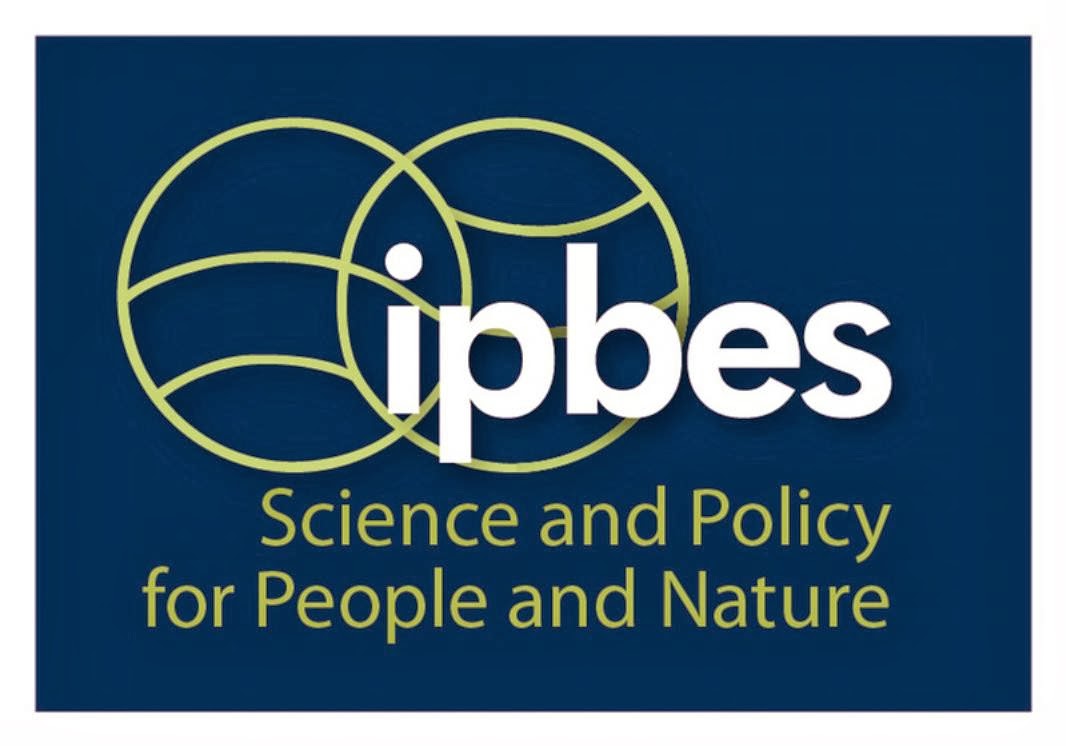From 9-14 December 2013, the second session of the Plenary of the Intergovernmental Science-Policy Platform on Biodiversity and Ecosystem Services (IPBES-2) met in Antalya, Turkey. The objective of the platform is “to strengthen the science-policy interface for biodiversity and ecosystem services for conservation and sustainable use of biodiversity, for long-term human well-being and sustainable development”.
Within the final decision of the Platform “The Antalya Consensus” was adopted by delegates, this includes the following:
- A work programme for the period 2014-2018;
- Three task forces on capacity building, Indigenous and local knowledge systems, and knowledge and data;
- Development of a guide for the production and integration of sub-regional and regional assessments;
- Methodological assessments on: pollination and pollinators associated with food production; scenario analysis and modelling of biodiversity and ecosystem services; the conceptualisation of values of biodiversity and nature’s benefit to people; and thematic assessments on land degradation and restoration, invasive alien species, and the sustainable use and conservation of biodiversity; and
- Rules and procedures for the Platform including the nomination of future Multidisciplinary Expert Panel members.
The Convention on Biological Diversity has acknowledged a synergistic relationship with IPBES and the need for alignment, particularly when addressing activities such as the mid-term review of the Aichi Biodiversity Targets. Delegates highlighted that the thematic assessment on sustainable use and conservation of biodiversity would contribute to Aichi Target 18 (traditional knowledge) and the inclusion of Indigenous and local knowledge.
During the meeting, Indigenous peoples and local communities recommended that IPBES engage with them as partners rather than stakeholders; they also emphasised the contribution of culture and people to nature’s services and that different views of biodiversity and nature value approaches should be integrated. Features of the Platform such as the creation of a participatory mechanism for Indigenous and local knowledge systems, enhancing the quality of Indigenous peoples’ participation, and facilitating linkages between Indigenous peoples and scientists should contribute towards the Platform’s aims to include a broad spectrum of knowledge systems in its approaches.

